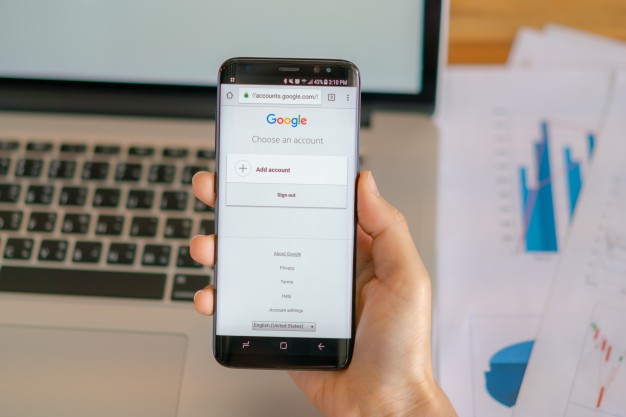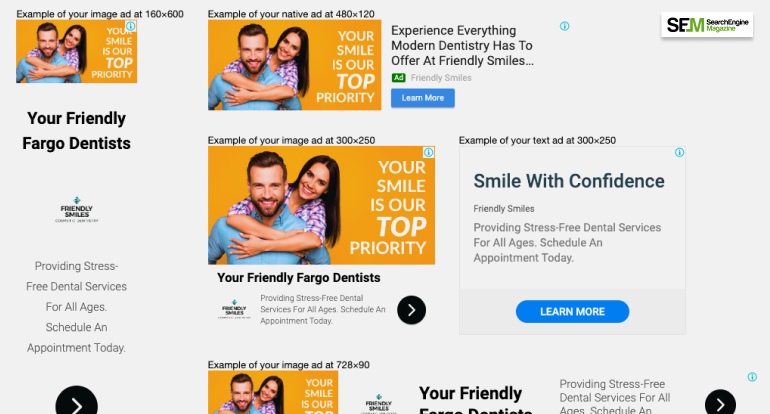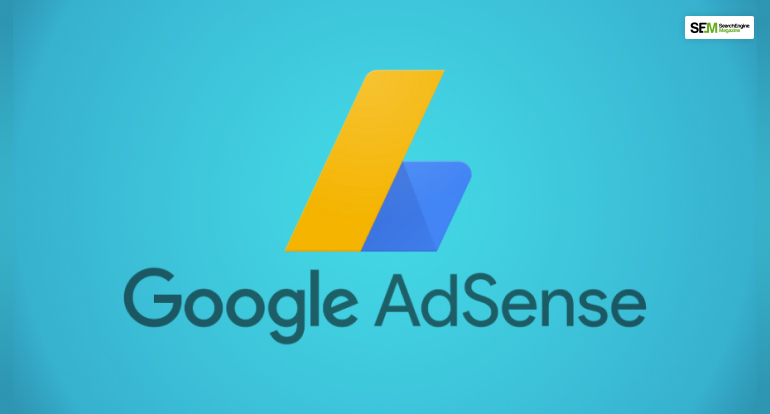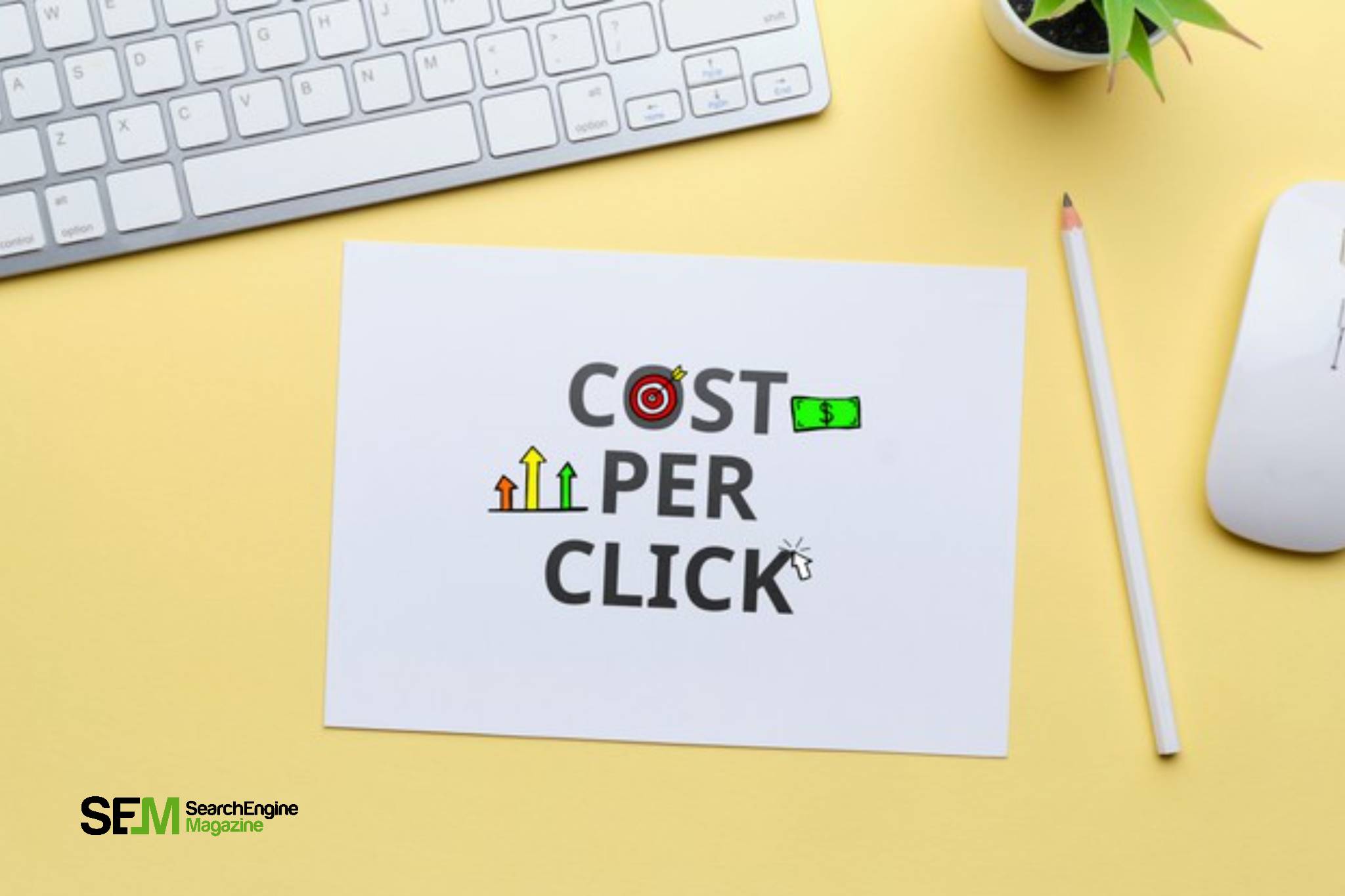Google Boba Game: How To Play This Fun Game By Google?
Apr 11, 2025

Apr 11, 2025

Apr 11, 2025

Apr 11, 2025

Apr 08, 2025

Mar 29, 2025

Mar 29, 2025

Mar 29, 2025

Mar 29, 2025
Sorry, but nothing matched your search "". Please try again with some different keywords.


As with any other type of Google ads, the main goal of promoting any product is to make money. You want to be more visible to your target customers so you can make more sales. The higher your visibility, the more chances you have of customers seeing and buying your product.
If you are using Google Ads, this is no exception. You want to maximize your campaign budget as much as you can. This usually means making sure your ads are targeting genuine customers and you’re not wasting your click budget on irrelevant searches.
If you’re just starting out with Google Ads, you’ll soon find out that instant success is very rare. You have to do a lot of testing and ad variations in order to find out what works for your product and your target customers.
Luckily, there are proven techniques that could help you make this process easier so you can start generating leads from your Google Ads and make more money. You can also read up on what mistakes to avoid because if you are making elementary mistakes, chances are, you’re going to lose money instead of making money. Of course, you don’t want that to happen.
Here are five ways that you can try to make your Google Ads account give you more bang for your buck.
One method to increase the efficiency of your Google Ads is to understand what keyword match types to use. Keyword match types are parameters used to control which search queries will your ad appears in.
There are four keyword match types you can select from and knowing the differences between each type can significantly be advantageous.
As the term suggests, this type will let you reach the widest audience because your ad becomes eligible to appear in searches that include any words in your key phrase, similar terms, synonyms, and any queries that Google may deem relevant even if it doesn’t include any of the keywords you originally targeted.
For example, if your keywords are “wireless keyboard”, your ad might still display for searches such as “wireless mouse”, “Bluetooth keyboard”, “gaming keyboards” or “computer mouse”.
| Keywords | Potential Matches |
| wireless keyboard | wireless mouse, Bluetooth keyboard, gaming keyboards, computer mouse, wireless synthesizer |
Broad match keywords are still useful especially for products that are niche, however, only using broad match may also mean appearing in a lot of irrelevant search queries. Because this is the default option, many Google Ads users often make the mistake of choosing this match type. If you’re not careful, you might end up paying for clicks that don’t really convert to sales as users are not really interested in your product in the first place.
This is a step up from broad match keywords as it allows you to be a little more specific. You can lock certain words in your key phrase using the + symbol to indicate that the word must be there in the search query.
Using the same keyword example, adding + on the word “wireless” or “keyboard” can give you the following potential matches
| Keywords | Potential Matches |
| +wireless keyboard | a wireless mic, wireless mouse, wireless keyboard, wireless computer parts, |
| wireless +keyboard | computer keyboard, gaming keyboard, qwerty keyboard, |
With phrase match, you are telling Google to make sure that your keywords must be present in the exact order, however it allows words before or after your keywords. This way, you have a higher level of control without losing out on potential customers. Below is an example of how it works.
| Keywords | Potential Matches |
| “wireless keyboard” | Best wireless keyboard, buy a wireless keyboard, cheap wireless keyboard, wireless keyboard, and mouse, computer wireless keyboard |
Exact match is more restrictive and this also means less traffic because obviously, you want the exact terms to be typed into the search box before your ad will be triggered to appear. While this may seem very restrictive, this type is still very effective because it means that your ad is only appearing to users who are searching for what you’re offering.
The good news is that in 2017, Google has modified exact match keywords to include misspellings, abbreviations, and search queries with the same intent. It means that if your user accidentally misspelled the word “wireless” to “wireless” then your ad is still eligible to appear.
If you’re selling wireless computer keyboards, you don’t want your ad to appear for people who are actually looking for the musical instrument. You also don’t want to appear in queries looking for cases or batteries.
However, even if you are very careful about your keyword match type, it will still be possible to appear in search queries such as “music keyboard” or “case for wireless keyboard”. When this happens, users may click on your ad anyway making you pay for that click but in the end, they will just ignore when they realize that your ad is irrelevant.
You can avoid this by maintaining a negative keyword list. These words are search terms that are irrelevant to your product. You can start with an initial negative keyword list then slowly add on to that based on the searches your ads show for.
For example, if you are not selling computer keyboard accessories, your initial negative keyword list for “wireless keyboard” may include cases, batteries, and adapters. Then later on, if you find that your ad keeps appearing for queries about the keyboard as in the music instrument, you can add negative keywords such as music, musical, piano, and synthesizer. This will inform Google NOT to trigger your ad when these words are included in the searches.
Having a negative keyword list will also increase your quality score because the more relevant your ads are, the higher your quality score will be. Improving your quality score is important because it means you pay less for a click. Even if your competitor bids more, if your quality score is way higher, you will win that bid.
Many advertisers make the mistake of using their web site’s home page as their ad landing pages. This seemingly innocent oversight is wasting a lot of clicks that could have been converted to leads or sales. How is this possible?
Okay, imagine that your ad for the keywords “buy wireless keyboard” is the most amazing Google Ad ever to happen in the world of computer parts. It is so amazing that thousands of people clicked on your ad. However, once they clicked on the ad, they were directed to your company homepage which features an assortment of computer products, company news, and whatnot. The first thought that will immediately come to the user’s mind is: “Where is the wireless keyboard?”
While your prized keyboard is probably somewhere in the depths of your flashy website, the reality is, not a lot of those users will have the patience to sort through all the other distractions. Many of them will possibly just click the back button and go to the next result that will lead them to what they’re looking for.
On the other hand, if your landing page is a product page where the user can immediately see all the wireless keyboards on offer plus an easy-to-spot BUY NOW call to action button, the chances of those clicks leading to sales is much higher.
When Google Ads appear in search engine results pages or SERPs, you might have noticed that some ads look longer or bigger in size. How is this done? The answer is making use of ad extensions.
Ad extensions will not cost you anything extra but will definitely be advantageous. The top benefit is that your ad will take up more space so it is more likely to get noticed and clicked on.
Depending on the extension you use, you are also giving users an additional reason to take action.
If you’re using a call extension, you’re making it easier for people to give you a call ASAP if they are searching on mobile. A location extension can further convince a searcher that your store is only a few minutes away to visit. Or if you are adding price extensions, users can conveniently browse at the cost of your products without leaving the page.
Google has admittedly made a lot of things much easier for people and this holds true even in the digital advertising industry. With Google Ads, for example, Google has developed and added in so many features and improvements since it was first launched to make it easier for people to use. One of these innovations includes the many automation features that users can take advantage of.
When using Google Ads, users can automate their campaigns, use automated ad suggestions, and automated bidding. Yes, that means you can just enter your details and let Google do all the work.
You might be thinking:
Why spend time learning or why hire a professional if you can get Google to do it for you, for free?
Many people, especially those who are just beginning to use Google Ads, fall into this trap. After all, it’s an easy, convenient, and practical option. However, what many do not realize is that giving Google all the control normally ends up having to spend more money than if you took the time to optimize the account yourself or if you got a professional to do it for you.
This happens because people tend to forget that Google is a business so it actually wants you to spend your click budget. It is a machine with no human intuition so its first priority is not to give you clicks that will provide you with the maximum revenue.
You must never lose sight that the reason you’re using Google Ads is to make more money, and not just to have a reason to spend your campaign budget. Trying out these techniques can help you maximize your Google Ads account and make more money in the process.
Read also:
Mashum Mollah is the feature writer of SEM and an SEO Analyst at iDream Agency. Over the last 3 years, He has successfully developed and implemented online marketing, SEO, and conversion campaigns for 50+ businesses of all sizes. He is the co-founder of SMM.
View all Posts
Google Boba Game: How To Play This Fun Game B...
Apr 11, 2025
Which Is The Best Video Search Engine Of 2025...
Apr 11, 2025
SEO Services in Chichester: Choosing the Righ...
Apr 11, 2025
Ahrefs Vs Semrush: Which Is The Better SEO To...
Apr 08, 2025
Why Headless CMS Works Well for EdTech Startu...
Mar 29, 2025

